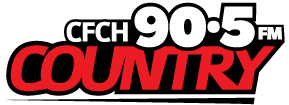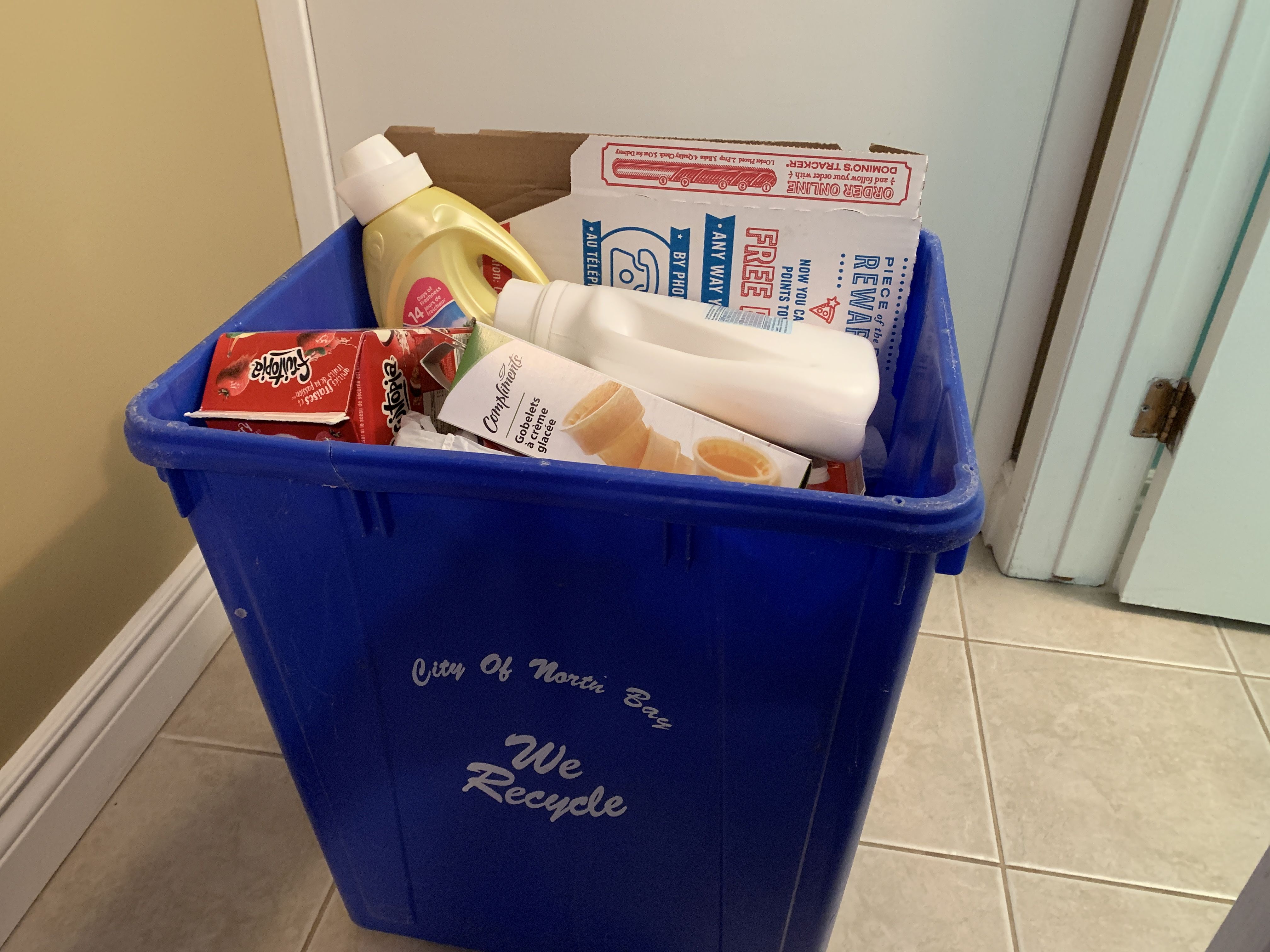North Bay is expected to decide before August when it will transition out of its blue box program.
However, the city’s departure doesn’t mean recycling is ending.
Rather, the program will be absorbed by the producers who make the end products consumers buy.
Councillor Mac Bain says those are the Walmarts, Cokes and Pepsis as examples.
Currently, municipalities fund their respective blue box program 50 percent while the other half is picked up by the producers of the recyclables.
But beginning later this decade the producers will start paying 100 percent of the recycling costs.
Bain says this means several things for communities like North Bay.
For one, it means property taxes could drop because there is no longer a city’s component to pay for recycling.
However, that savings could in part be nullified under terms of the existing landfill contract with Miller Waste Systems.
The city has signed a new 10-year contract with Miller which has two components; the waste side and recycling portion.
The city has to decide when to get out of recycling and the likely dates for that to occur are 2023, 2024 or 2025.
Regardless of what date it chooses, the decision triggers a cancellation penalty clause built into the Miller and City of North Bay contract.
As the contract moves into its later years, the dollar amount of the penalty clause is reduced because there is less of a lifetime in the contract.
But Bain says there are also several unknowns.
For example, he says because of distance the producers may want municipalities to administer recycling on their behalf.
Bain says if this was to happen in North Bay, then obviously the city would charge the producer a fee.
This also raises the question would North Bay be hit with a cancellation penalty once it transitions out of the program but still ends up administering it with Miller on behalf of the producer.
Bain says these are what-if situations that need to be addressed.
Another question is do the producers raise the price of their products once they become totally responsible for recycling.
Bain says that could happen and the cost could be passed on to consumers.
He notes that at least for property owners, that product cost increase isn’t as great because once North Bay no longer pays for recycling, property taxes should drop a little.
Bain says one of the main reasons for the province moving towards having the producer become 100 percent responsible for recycling costs is to encourage better packaging for their products.
Bain also emphasizes that once North Bay transitions out of the blue box program it does not affect the waste/landfill component of the contract with Miller.




